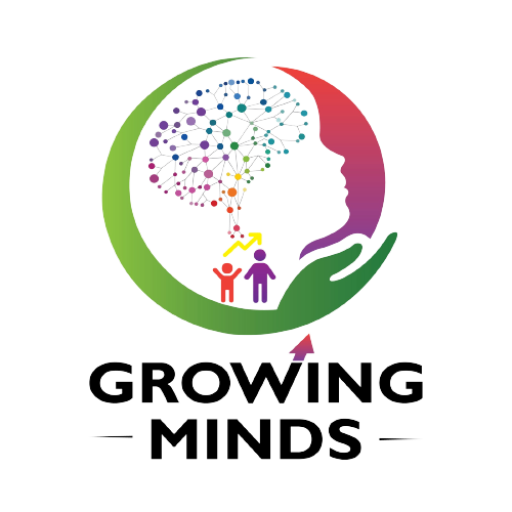
Protecting and Prioritizing Mental Health in a Situationships
A “Situationship” refers to a romantic arrangement that lacks clear boundaries or commitment, often characterized by ambiguity regarding the status and future of the relationship. Prioritizing mental health in a situationship. Here are some ways situationships can impact mental well-being:
Emotional Ups and Downs
1. Ambiguity and Anxiety: The lack of clarity in a situationship can lead to heightened anxiety about the relationship. Questions about where you stand, whether your feelings are reciprocated, and what the future holds can create ongoing stress.
2. Insecurity: Situationships can foster feelings of insecurity, as one partner may question their value or desirability. Without defined roles or commitments, individuals might constantly worry about being replaced or inadequately fulfilling their partner’s needs.
3. Attachment Issues: Depending on each person’s attachment style, a situationship may exacerbate existing emotional challenges. For example, someone with an anxious attachment style might struggle more with the uncertain nature of a situationship, leading to increased emotional turmoil.
Impact on Self-Esteem
1. Validation and Self-Worth: In situationships, individuals may seek validation and reassurance from their partner to bolster self-esteem. Continuous uncertainty may hinder this process, leading to further self-doubt and negative self-talk.
2. Fear of Vulnerability: Engaging in a situationship might prevent individuals from being emotionally vulnerable, trapping them in a cycle of superficial interactions that don’t allow for genuine connection or growth.
1. Neglecting Other Relationships: The time and energy spent in a situationship can detract from friendships and other social connections. Isolation can compound feelings of loneliness and exacerbate mental health issues.
2. Judgment from Others: Friends or family might not understand or approve of situationships, potentially leading to additional stress or feelings of shame about one’s romantic choices.
Coping Strategies
1. Communication: Open discussions with your partner about feelings, expectations, and boundaries can help clarify your relationship. Clear communication can foster understanding and reduce anxiety.
2. Set Boundaries: Establishing personal boundaries regarding what you want from the relationship can create a healthier dynamic. Consider what feels comfortable and what you need to feel secure.
3. Focus on Self-Care: Prioritizing self-care can help mitigate stress and foster a positive self- image. Engage in activities that promote mental, emotional, and physical well-being.
4. Seek Support: If you find that a situationship is negatively impacting your mental health, consider talking to a therapist or counselor. Professional support can provide valuable insights and coping strategies.
Conclusion
Navigating a situationship can be both thrilling and challenging, especially when it comes to mental health. By understanding the potential implications and employing healthy coping strategies, individuals can foster healthier relationships with themselves and others. If you find yourself in a situationship that feels detrimental to your mental well-being, taking a step back to reassess your needs and feelings is essential.
Prioritizing mental health in a situationship as well as open communication is crucial for maintaining a healthy balance in any romantic relationship.




Social Isolation